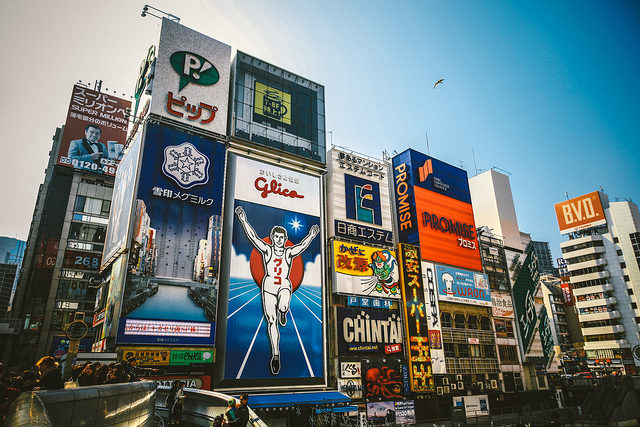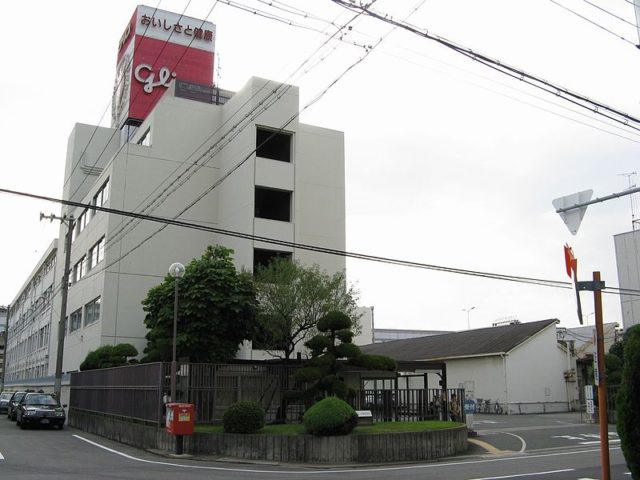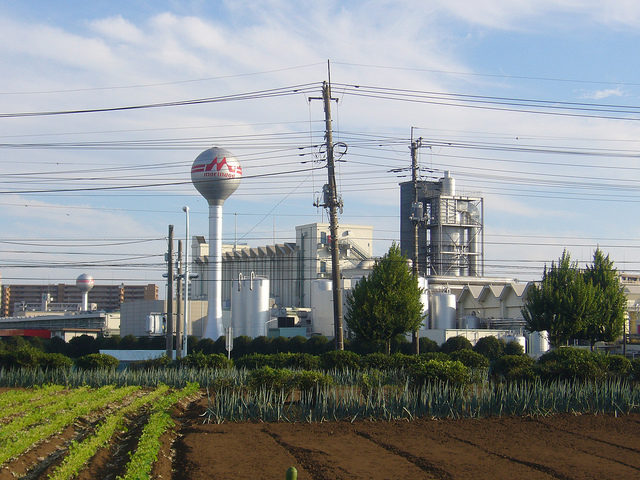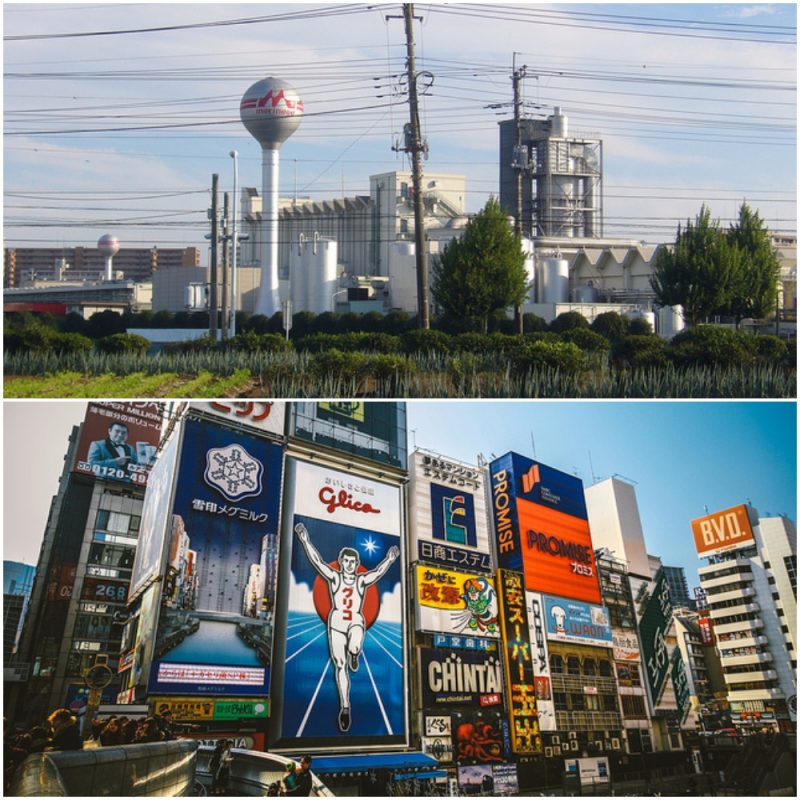Ezaki Glico is a major Japanese food production corporation known for the century-long production of traditional Japanese caramel candies and rice chocolate. The company’s large neon sign located above Dotonbori in Osaka has been a landmark of the city since its initial construction in 1935.
Ezaki Glico was a target of mysterious terror attacks during the 1980s, along with another Japanese company named Morinaga. The terror attacks are known as the Glico-Morinaga case, and the perpetrators have never been identified.

On March 18th 1984, Katsuhisa Ezaki, the president of Glico was kidnapped by two masked men. He was held in a warehouse near Osaka, from which he eventually managed to escape. The kidnappers identified themselves as a new terror group called the “Monster with 21 Faces”, and demanded around $4 million and 100 kilograms in gold bullion. The kidnapping failed because of Ezaki’s escape, which infuriated the group.
The sent a letter to the company in which they stated that they had laced the company’s confections with potassium cyanide, and warned the company that the laced products were already on the shelves of Japanese supermarkets. None of the poisoned candies were ever found, but Glico products were removed from stores, resulting in a loss of more than $21 million and the laying off of 450 part-time workers.

After this, the terror group suddenly stopped harassing Ezaki Glico, and turned to Morinaga, another giant company that produces sweets. In October 1984 several news agencies received letters that contained warnings similar to those sent to Glico.
The warnings stated that 20 packages of Moringa candy had been laced with deadly sodium cyanide. The police searched stores in cities from Tokyo to western Japan, and this time found a total of 21 packages of lethal candies. The nation was in panic and Morinaga products were removed from stores, which resulted in severe loss of profit for the company.

The identities of the members of the terror group were never discovered. Unable to capture the suspects believed to be involved in the crimes, the police superintendent Yamamoto of the Shiga prefecture committed suicide by self-immolation in August of 1985.
Five days after this event, the group sent its final message to the media, in which they stated that they achieved their goal and that they will stop targeting Japanese food-production companies.
